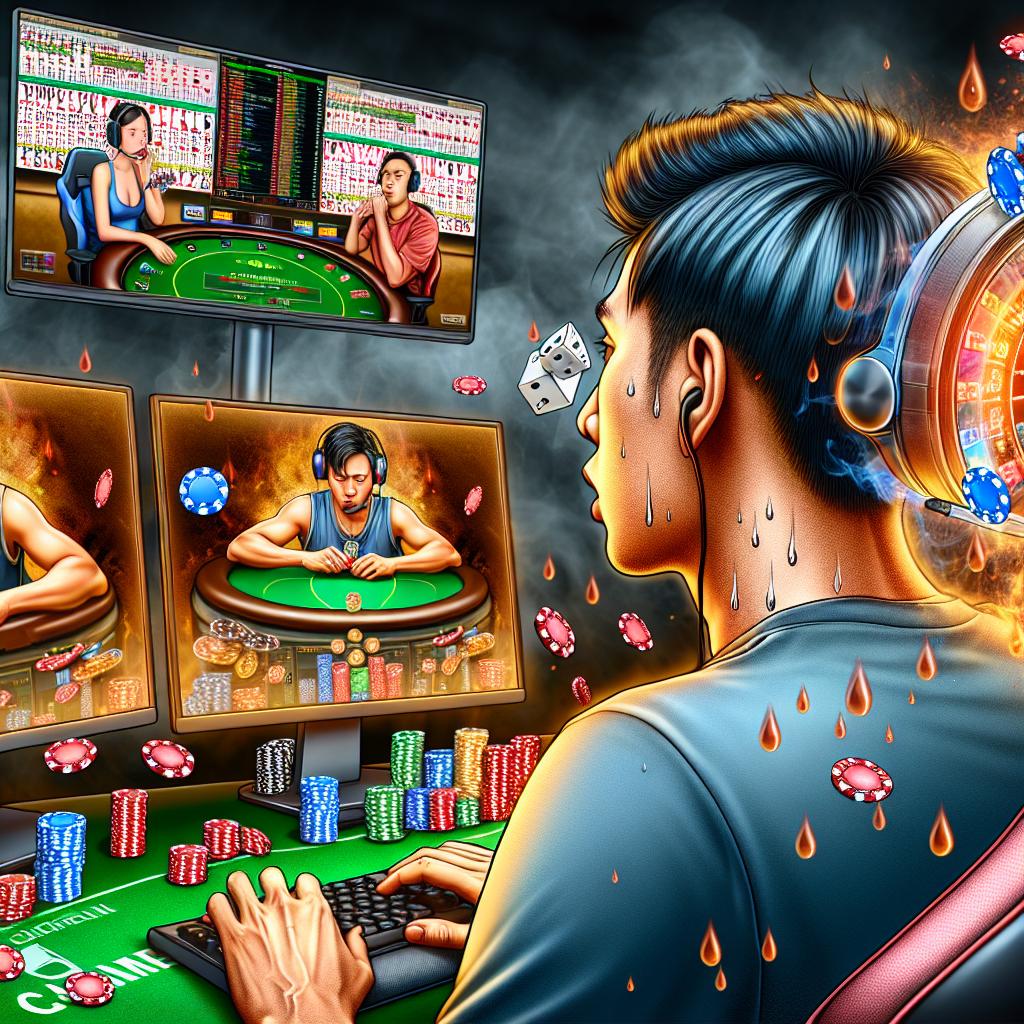Understanding Esports Culture
The rise of esports has significantly transformed the landscape of professional gaming, establishing itself as a global phenomenon that rivals traditional sports in terms of audience engagement and cultural significance. In this dynamic environment, millions of enthusiasts not only engage in watching their favorite games but also follow professional players with fervor comparable to fans of mainstream sports like football or basketball. The term “esports” encompasses a diverse range of games, each with its own community and competitive scene, including popular titles such as League of Legends, Dota 2, and Counter-Strike: Global Offensive. These games serve as platforms through which players can showcase their skills and compete at an international level, earning acclaim and influencing gaming culture globally.
The Role of Esports Organizations
At the heart of this cultural shift are esports organizations, which play a crucial role in nurturing and developing the esports ecosystem. These organizations are responsible for managing players and organizing events, while also fostering community engagement and expanding the industry’s reach. Prominent organizations such as Fnatic and Cloud9 have become household names within the esports sphere. They provide the necessary infrastructure that supports professional players, offering training regimes, access to coaches, and even psychologists who work to enhance players’ performance.
The involvement of mental health professionals is a testament to the industry’s commitment to ensuring that players maintain not only their physical skills but also their psychological health. Such comprehensive support systems are essential for players’ well-being, especially given the intense competition and rigorous demands of the esports landscape. Through these efforts, organizations promote a balanced lifestyle, aiming to mitigate the risk of burnout and enhance the longevity of players’ careers.
Esports Events and Tournaments
A major aspect of esports culture is the organization and participation in large-scale events and tournaments, which showcase the competitive spirit of the industry. The League of Legends World Championship and The International are prime examples of such events, offering significant prize pools that draw competitors from around the globe. These tournaments not only attract huge in-person crowds but also reach millions of viewers online through streaming platforms like Twitch and YouTube. The accessibility and popularity of these platforms have been pivotal in broadcasting events to a worldwide audience, thus amplifying the industry’s global reach and popularity.
Gaming Pressure in Esports
While esports offers its participants a world of excitement and fame, the pursuit of excellence in this field also brings with it immense pressure. Professional players are often subjected to rigorous training schedules, with some dedicating upwards of 12 hours a day to hone their skills. This intensive practice regime, while essential for maintaining competitiveness, can lead to significant physical and mental strain, ultimately affecting players’ well-being.
Dealing with Competitive Stress
In order to effectively manage the competitive stress associated with professional gaming, players often benefit from psychological support. Recognizing the importance of mental well-being, esports organizations frequently employ mental health professionals to provide counseling and mindfulness training. Adopting these measures helps players maintain focus and manage stress efficiently throughout their careers, ensuring they can perform at their best during competitions and sustain their professional trajectories.
Impact of Public Expectation
Another layer of pressure comes from public expectation. With the advent of streaming and extensive use of social media, fans play a significant role in influencing players’ popularity and, in many cases, their financial success. This means that players are constantly under scrutiny, with every performance contributing to their reputations. Building resilience and managing a positive public persona have become critical components of achieving long-term success in an esports career.
Balancing Lifestyle and Career
Amidst these challenges, achieving a balance between the rigors of a competitive career and personal life is crucial for professional players. Many players find the high-stakes environment of esports challenging to navigate while simultaneously maintaining personal relationships and other interests outside of gaming. In response, organizations are becoming increasingly aware of this delicate balance and are developing initiatives aimed at supporting players in achieving equilibrium. Recognizing the importance of such balance, these efforts underline the industry’s commitment to players’ sustained success and overall well-being.
The Future of Esports Culture
Looking ahead, the future of esports culture appears promising, with anticipated growth and continued evolution. As the industry matures, addressing the pressures faced by professional gamers will be vital to fostering a sustainable and thriving esports community. By understanding and adapting to these challenges, stakeholders can shape a balanced and supportive culture that empowers players and enthusiasts alike, ensuring the continued expansion and success of esports on the world stage.

